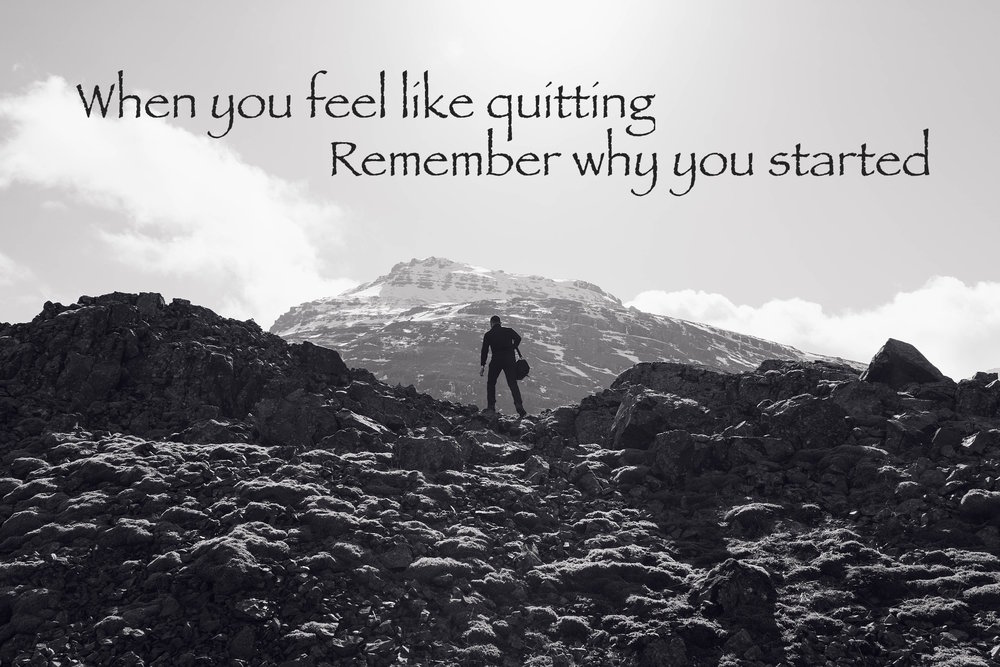
I’ve been thinking about and talking a lot with friends lately about the concept of privilege. There was a time when I knew nothing about privilege. I thought “privileged” meant wealthy and successful (that’s what privileged people tend to think, after all). The news and resistance related to policies and actions coming from the current administration, in addition to the stories from an international flood of refugees and internally displaced persons, have me stressed. My blood pressure actually measured higher than normal for me at the doctor this year for the first time in my memory. Social media is a flood of information, some of it factual, some of it fake, and some of it opinion-based, but all requiring investigation and consideration, followed by a decision about what, when, and how to share. On top of this, I, like most people, have things going on in my own life that require significant time, financial, and energetic commitments. It seems like it’s too much. I want to take a good, long, self-care break. I want to stop watching and reading and thinking about the things that are scary, horrifying, or that make me sad, and I know I’m not alone.
The good news for me is that I have that option. I can take a social media hiatus, turn off NPR, and look at baby animal pictures instead of photos of burned cities and shattered homes and bodies of refugees. I can choose this path because of my privilege. I know this is due to privilege because others cannot choose to turn off the horror and hardship. They are living it. If I stop watching and listening and reading and learning and speaking out, then I could go about my business with probably very little detriment to my personal life. And that’s the problem, isn’t it? People with privilege must make a conscious decision to give up comfort and ease in order to own their privilege and become an ally to others. Otherwise, the silence and ignorance of a privileged person is not only unhelpful, in fact harms the progress of human rights and true equality.
Often, people with privilege mistake the concept for something that is earned or something that can be achieved. Denial of privilege is not only obnoxious, but is a defensive attempt to shield oneself from guilt, which unfortunately results in denying the existence of systemic oppression, inequality, and discrimination. This is erasure. Recognizing privilege requires discomfort, humility, and a willingness to shine light onto a person’s own missteps along the way.
It’s normal to not know things – each of us grows up in different surroundings, with different information. As I said, for a lot my life I knew nothing about privilege. I limited my “sad news” intake so I didn’t have to hurt, and I kept my public speech neutral so I didn’t offend anyone. I didn’t know any better, but not knowing is not an excuse. It is a product of growing up with a lot of privilege. Not knowing means you have the opportunity to listen, learn, and grow, and I suggest listening and learning from people with a lot less privilege than you (there are links to some resources below to get you started).
Now that my eyes are open, I am frustrated by the unwillingness of some (at times, even myself) to stand in the discomfort of navigating unfamiliar and painful territory, and awed by the courage and stamina of others. It’s easy to start placing people (including ourselves) in boxes – “good” and “bad,” “right” and “wrong,” “with” and “against.” It’s harder to navigate the concept that someone can be both a good person and ignorant of something important, right in intention but not in action, or with a cause in spirit but harmful to it due to silence. It is easy to think in dualities, but necessary to contemplate the grey areas in our own relationships and conversations. It is not helpful to cultivate an environment filled with character attacks and defensiveness. People cannot get vulnerable enough to allow for change in such an environment. At the same time, however, we must hold those we care about accountable for the ways in which their ignorance is harmful or misaligned with their own stated values. We also must hold ourselves accountable for the ways in which our ignorance is harmful and misaligned with our values.
At the beginning of this article I talked about that nagging desire to separate from the fray, under the cover of self-care. I teach yoga for a living, so I think self-care is valuable and essential, and I talk about it constantly. But I don’t think it’s okay to use privilege to ignore things going on in our world that make us uncomfortable. It’s not enough to stick your fingers in your ears and hum to yourself, waiting for the scene to be over. Instead, each of us must investigate the ways in which we can take care of our mental, physical, and emotional health AND stay engaged with things that matter.
Please stay connected. The issue or cause that hurts you enough to make you want to run and hide is the thing that needs you and your passion the most. Remain active in calling for the protection of human rights, for the environment, and for equality. Don’t give into the privilege telling you it’s okay to detach, and I won’t either. We’re in this together.
Video on how to be a good ally
Privilege explained in cartoon form
10 reasons to give up ableist language
How to be a male feminist ally
A book about Black Lives Matter for white people